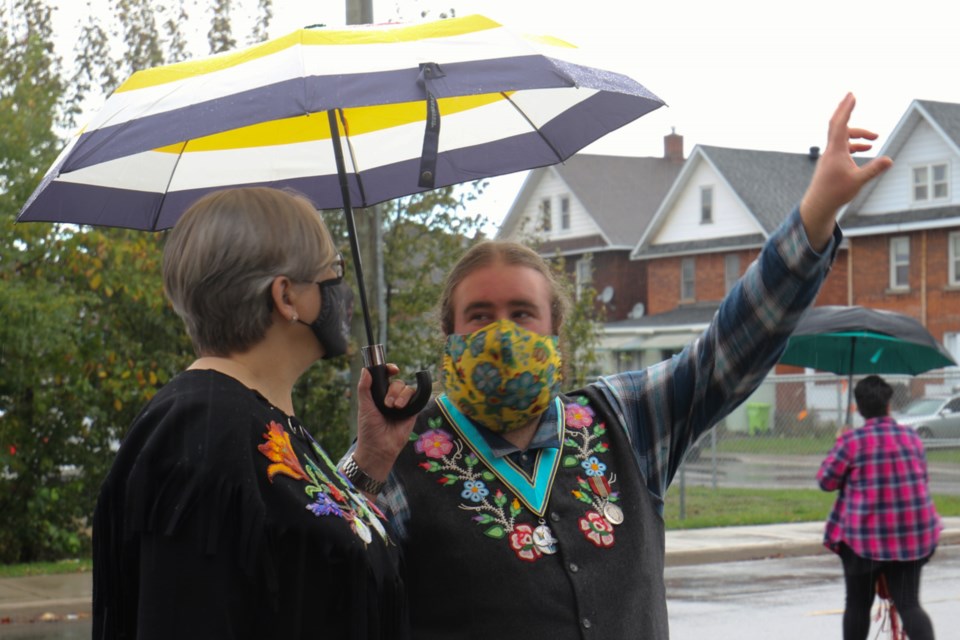It was six months ago when Saultite and Métis Nation of Ontario (MNO) Region 4 Councillor Mitch Case noticed a strange number on his phone, along with a voicemail about a possible ministerial appointment.
On Tuesday, Case’s appointment to the Indigenous-led transitional committee responsible for the establishment of the National Council for Reconciliation was made public by Crown-Indigenous Relations and Northern Affairs Canada.
“I think we’ve certainly come to the point where this needs to move forward, and the national council, I think, is going to play an important role in things going forward,” said Case, speaking with SooToday Wednesday. “I’m happy to bring whatever knowledge and experience I have.”
Once established, the National Council for Reconciliation will serve as a national oversight body with a core mandate to act as a watchdog over Canada, holding it accountable as the federal government attempts to reconcile its relationship with Indigenous Peoples.
The national council also addresses four of the Truth and Reconciliation Commission's 94 Calls to Action laid out in the 2015 final report which focus on the creation of the National Council for Reconciliation.
“The national council, in my mind, is the one who points out and says, ‘hey, you were going to do this, and you haven’t,’ which I think in some ways it’ll have the ability to depoliticize some things that it’s not one party or the other, or Indigenous people saying one thing and Canadians saying another,” Case said.
The transitional committee, Case says, will have a limited scope with “one singular purpose” - to advise the minister on the process forward in getting the legislation through parliament in order to establish the National Council on Reconciliation.
“By having it enshrined in legislation and protected, it gives the ability for the national council to know that it can’t just be defunded - it would have to go through Parliament, and Parliament would actively have to decide to dissolve the national council, which is a much higher threshold to meet,” said Case. “It will give the national council, when it’s established, a real solid footing from which to do their work.”
Members of the transitional committee include:
- Wilton Littlechild, former commissioner for the Truth and Reconciliation Commission
- Edith Cloutier, executive director of Val-D'Or Native Friendship Centre
- Rosemary Cooper, interim executive director of Pauktuutit Inuit Women of Canada
- Dr. Mike DeGagné, president and chief executive officer of Indspire
“There’s some big names in Indigenous country that are doing important work in their respective parts of the country, in their sectors,” Case said of his counterparts. “I’m just happy to be there to be part of that work.”
Case’s appointment to the transitional committee will remain in effect until August, with the goal of doing consultations with Indigenous communities and organizations, segments of non-Indigenous society and being a champion for the legislation when it enters the House of Commons.
“I’m kind of a results guy. I like to see results. I’d prefer that we’d be getting things done,” said Case. “I think the national council is certainly going to help do that.”
Case, who was elected as regional councillor for the MNO last year, says his seat on the transitional committee is independent of the MNO.
